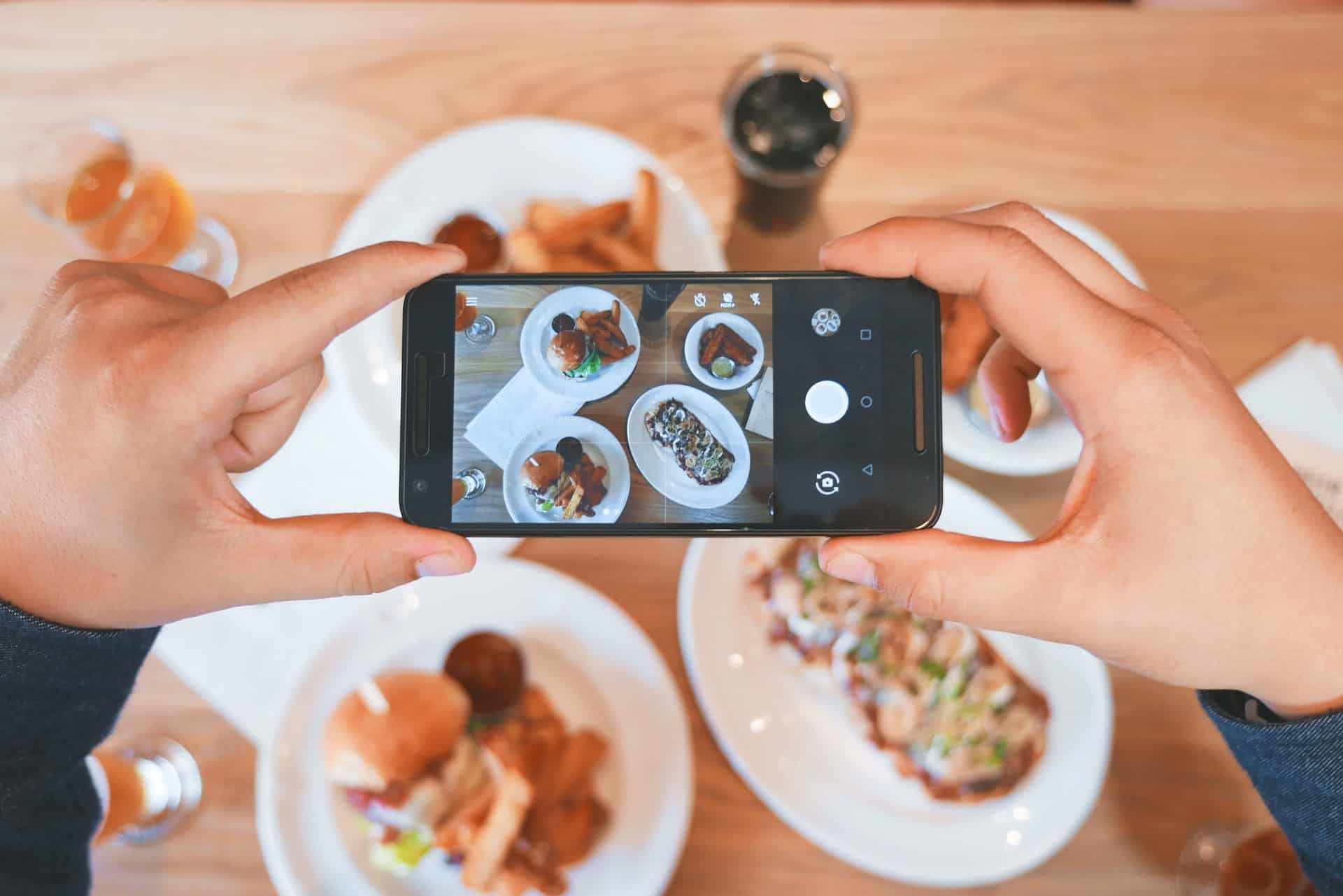Eating well can help students at all levels perform better in school. But eating well is not as easy as it may sound, especially for students who are busy or can’t afford to buy healthy meals and shop for healthy ingredients every time they take out their wallets.
For students who eat at cafeterias, it can be difficult to find healthy options. For students who eat off-campus, it may be difficult to find healthy options even if they can afford them.
Aiming to ensure every single meal they eat is healthy is an unreasonable goal for students, and it’s important to keep in mind that eating unhealthy foods, such as foods high in saturated fats or processed sugars, is fine in moderation. In other words, it’s okay for students not to adhere to a perfectly nutritious diet all the time.
That said, most students who attend classes in-person or take online high school courses could probably benefit from improving their diets, and there are things they can do to do just that. Here are three.
#1 Eat Regularly
Eating three meals every day at similar times is crucial to a healthy diet. That is because doing so helps stabilize blood sugar levels, which in turn can improve energy level, memory, and focus.
However, eating regularly does not mean eating at the same time each day. It’s okay to have dinner at 5 pm on one day and 9pm on the next. What’s most important is that you have three full meals per day and that there are less than about 5 hours between meals. If you get hungry in between meals, that’s fine, so long as you choose your snacks wisely.
#2 Choose Snacks Wisely
When we get hungry, we might crave sugar or salt, which can make it easy to reach for a bag of chips or a candy bar. After all, eating chips and candy bars is easy, quick, and relatively affordable. Place a few coins in a vending machine and bam: a tasty, filling snack.
But such junk foods are not good for your body and brain, and though they may make you feel full, they’re not filling you with nutrients.
When choosing a snack to eat between full meals, then, be sure to choose a healthier alternative.Portable healthy snacks are the easiest to access. Portable healthy snacks include:
- Avocadoes
- Mixed nuts or trail mix
- Greek yogurt
- Cottage cheese
- Chia pudding
- Oatmeal
If you have a sweet tooth, consider snacking on fruit or dark chocolate with almonds. If you have a salty tooth, kale chips are great. Keep in mind, however, that if you’re craving sweet or salty foods, that may be a sign that you’re dehydrated.
#3 Eat Breakfast
Breakfast may indeed be the most important meal of the day. When you sleep, you essentially fast. Eating breakfast upon waking replenishes the energy your body uses up during your overnight fast. When you replenish your body with breakfast, you improve your ability to concentrate, decrease brain fog, and gain energy. More, eating breakfast jumpstarts your metabolism, which enables you to burn more calories throughout the day.
